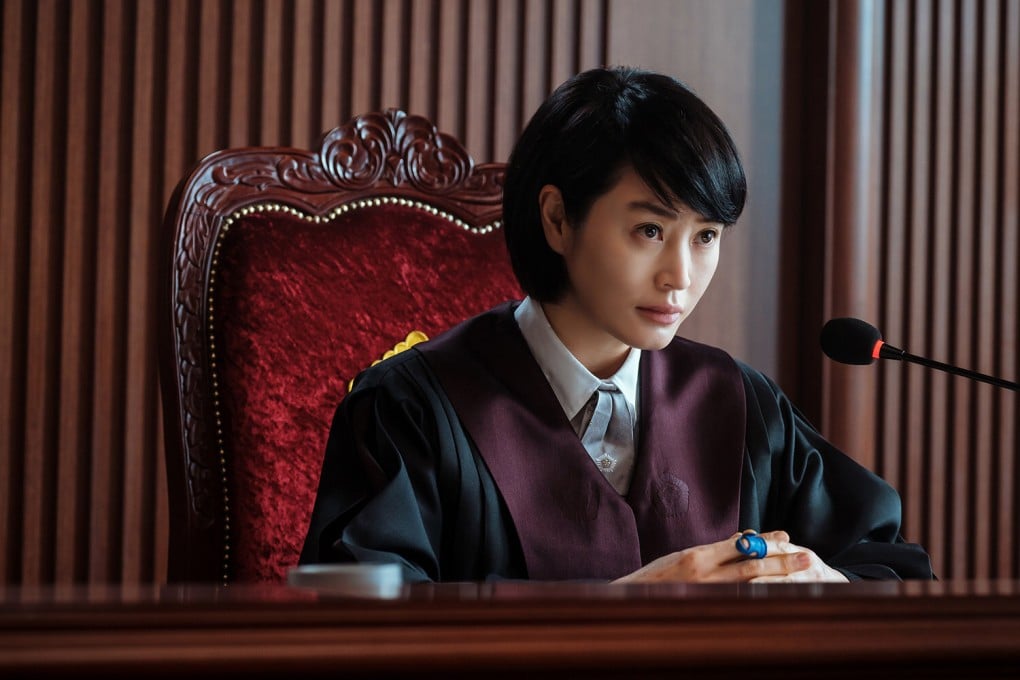Review | K-drama review: Juvenile Justice on Netflix – Kim Hye-soo proves an indomitable force amid series’ legal thrills and strong cast
- Kim plays Judge Sim Eun-seok, a resolute judicial force who will stop at nothing to get to the truth and serve out her own stern form of justice to all
- While prone to more melodrama than its cynical indie peers, the show offers realistic observations in its exploration of juvenile delinquency

3/5 stars
Kim Hye-soo, one of Korea’s most enduring screen icons, adds her star power to the 10-part legal drama Juvenile Justice, her first original series for Netflix.
Kim plays Judge Sim Eun-seok, an indomitable judicial force who will stop at nothing to get to the truth and serve out her own stern form of justice. She’s the kind of judge who spends most of her time out of judicial robes and on the streets where she interviews witnesses; the kind who will give chase to fleeing teenagers and get right back up again after being knocked over by a car.
She’s also a judge with a painful secret, a secret that drives her to volunteer to be a Juvenile Court judge, despite her sterling credentials and the post’s lack of advancement opportunities. More curious still, she evinces a lack of sympathy for the teens that cycle through her court. Her repeatedly stated mantra is: “I detest young offenders.”